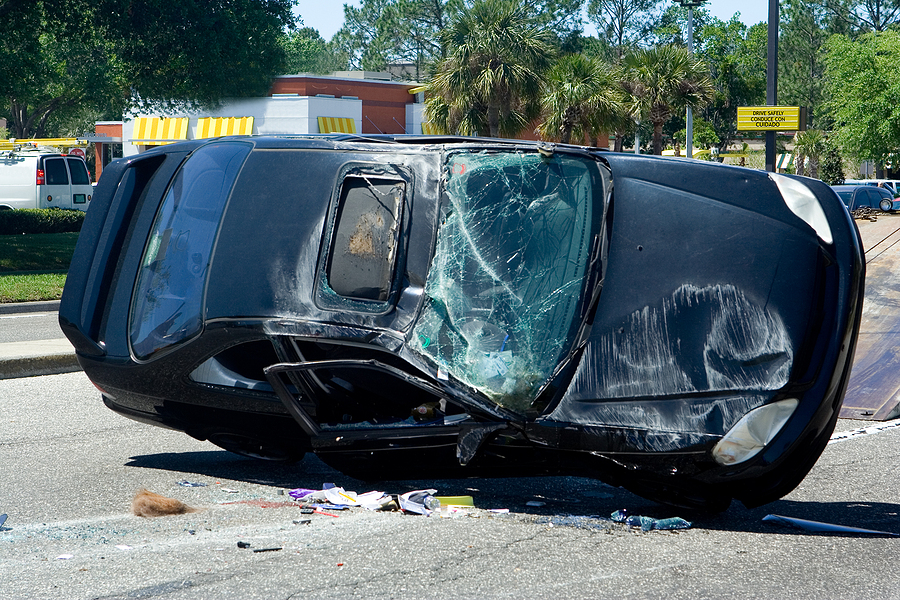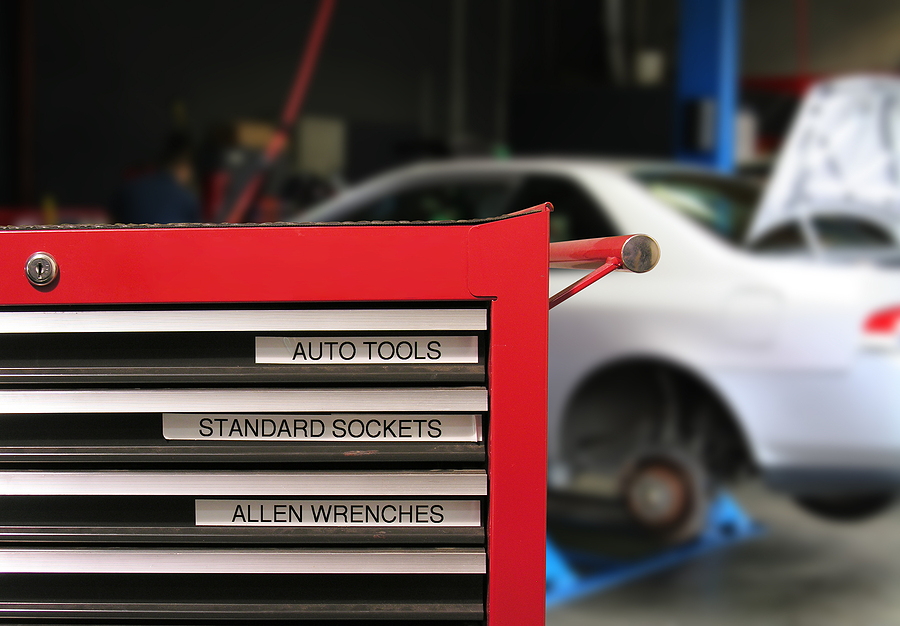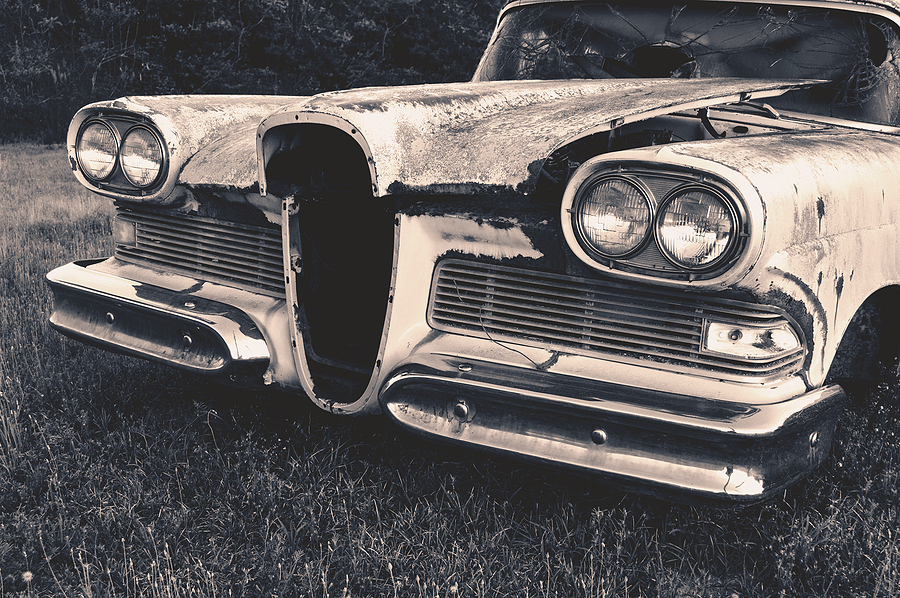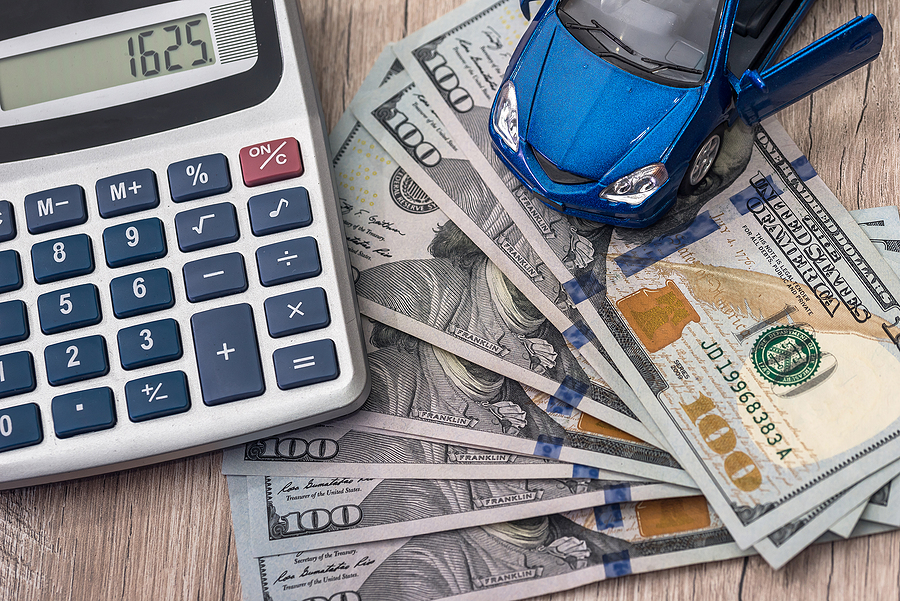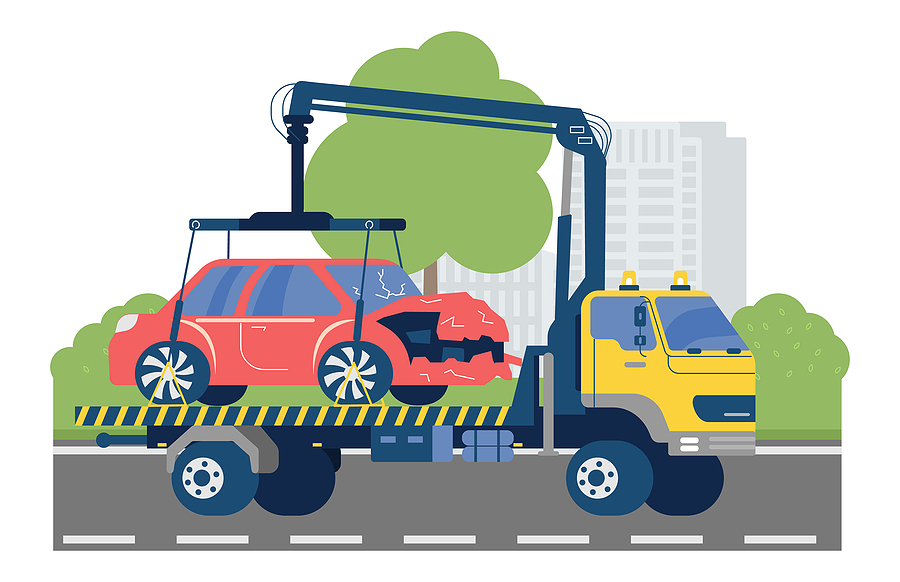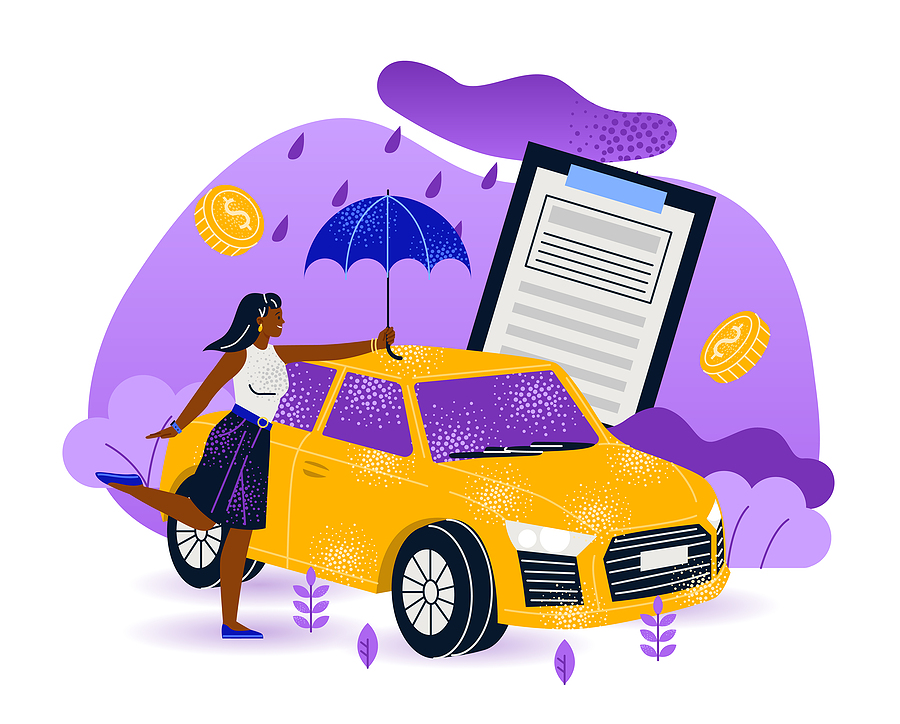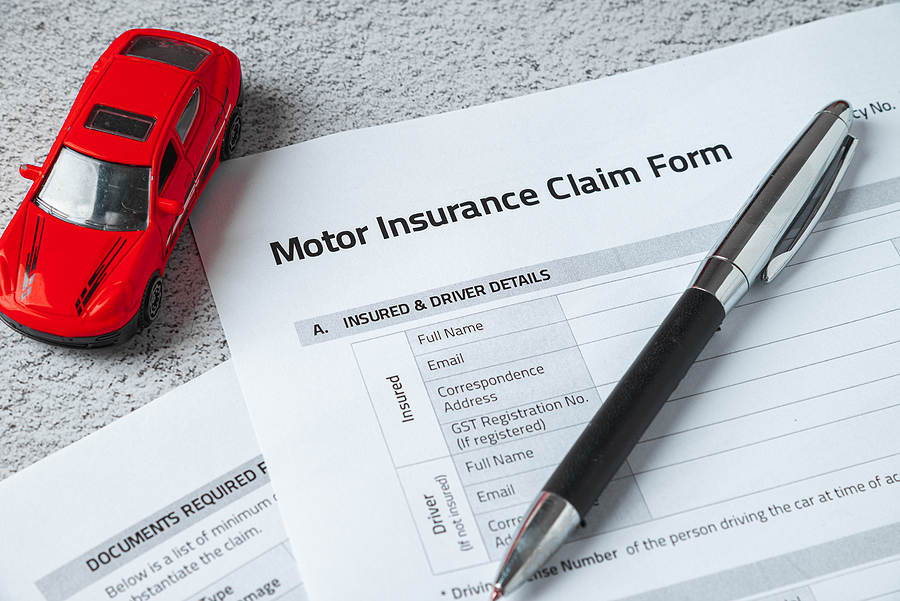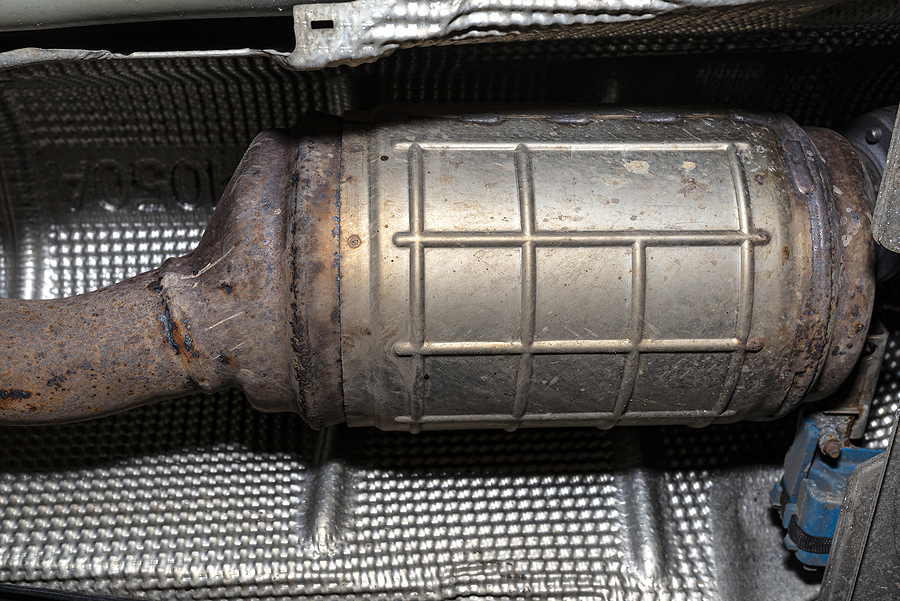Have you got a junk truck sitting in your driveway? You might be surprised to find out that it holds a hidden treasure. Understanding the scrap value of a junk truck is crucial for owners looking to turn an eyesore into cash. This guide will walk you through everything you need to know about determining and maximizing the scrap value of your junk truck.
By the end of this blog post, you’ll know what factors affect your truck’s scrap value, how to assess it, and why responsible disposal matters. Whether you’re dealing with a totaled truck or an old workhorse that’s seen better days, these insights will help you make informed decisions.

The Basics of Scrap Value for Junk Trucks
Understanding the scrap value of a junk truck can significantly impact your wallet. Instead of letting your old truck rust away, you can convert it into cash. This value is determined by various factors and knowing them can put you in a better negotiating position. The scrap value is the amount of money you can get by selling your junk truck for its parts and materials.
It’s different from the resale value because it considers the truck’s worth in its disassembled state. This value can vary widely based on the condition, age, and demand for specific parts. Junk truck owners and those with totaled trucks should care about scrap value. If your truck is no longer roadworthy or too expensive to repair, understanding its scrap worth offers a way to recoup some money.
Factors That Determine Junk Truck Scrap Value
- Age and Model: The age and model of your truck play a critical role in its scrap value. Older models might have more valuable parts due to scarcity. However, newer models often contain more recyclable materials, boosting their worth.
- Condition of Parts: The condition of your truck’s parts significantly impacts its scrap value. Functional engines, transmissions, and electronics can fetch higher prices. Even damaged parts like mirrors and seats can add to the overall value.
- Market Demand: Market demand for specific truck parts can vary. Certain models have parts that are always in high demand, increasing their scrap value. Keeping an eye on market trends can help you determine the best time to sell.
Assessing the Scrap Value of a Junk Truck
- Initial Evaluation: Start with a thorough evaluation of your junk truck. Make a list of all the parts that are still in good condition. Include everything from the engine to the tires, as each component adds to the total value.
- Getting Multiple Quotes: Don’t settle for the first offer you receive. Contact multiple junk truck buyers to get various quotes. This will give you a better idea of your truck’s actual cash value and prevent you from underselling it.
- Final Sale: Once you’ve gathered several quotes, choose the best offer. Ensure the buyer is reputable to avoid any complications. A reliable scrap truck buyer will offer a fair price and handle the removal process smoothly.
Environmental Impact of Scrapping a Junk Truck
Responsible Disposal: Scrapping a junk truck has environmental implications. Proper disposal ensures that harmful materials like oil and battery acid are managed correctly. This protects the environment and complies with legal requirements.
Recycling Benefits: Recycling metal and other materials from junk trucks reduces the need for new raw materials. This lessens the environmental footprint and supports sustainability. Plus, recycled parts can be used in new vehicles, promoting a circular economy.
Eco-Friendly Choices: Choose a junk truck buyer who prioritizes Eco-friendly practices. They should provide information about how they recycle parts and manage waste. Responsible scrapping benefits both you and the planet.
Finding a Reliable Junk Truck Buyer
- What to Look For: When choosing a junk truck buyer, reliability is key. Look for companies with positive reviews and transparent processes. They should offer clear quotes and handle all paperwork professionally.
- Verifying Credentials: Check if the junk truck buyer is licensed and insured. This ensures they operate legally and have the necessary coverage to handle any issues that might arise during the transaction.
- Customer Service: Good customer service can make the selling process smoother. Choose a company that communicates well and is willing to answer all your questions. This shows they value your business and are committed to a fair transaction.
The Junk Truck Selling Process
- Preparing Your Truck: Before selling, remove personal items and clean your truck. Gather all necessary documents, mainly the title, to streamline the process. A well-prepared truck can fetch a better price.
- Negotiation Tips: Be prepared to negotiate with potential buyers. Use the quotes you’ve gathered as leverage to get the best deal. Highlight the valuable parts and the overall condition to justify your asking price.
- Finalizing the Deal: Once you’ve agreed on a price, finalize the deal by signing the necessary paperwork. Ensure the buyer handles the removal of the truck efficiently. Keep a copy of all documents for your records.
KEY TAKEAWAYS
Understanding the scrap value of your junk truck can turn a problem into an opportunity. By knowing what affects its value, how to assess it, and the importance of responsible disposal, you can make informed decisions that benefit both your wallet and the environment.
Ready to discover the hidden treasure in your old truck? Contact GC’s Junk Cars at 317-608-2188 to sell a junk truck in Indianapolis, Indiana for cash on the spot! We provide free junk truck removal, which means we come to you!
Related Posts:
How to Diagnose Common Truck Transmission Problems
Which Vehicles Can I Sell to a Junk Car Company?
Vehicles That Do Not Require a Title in Indiana

